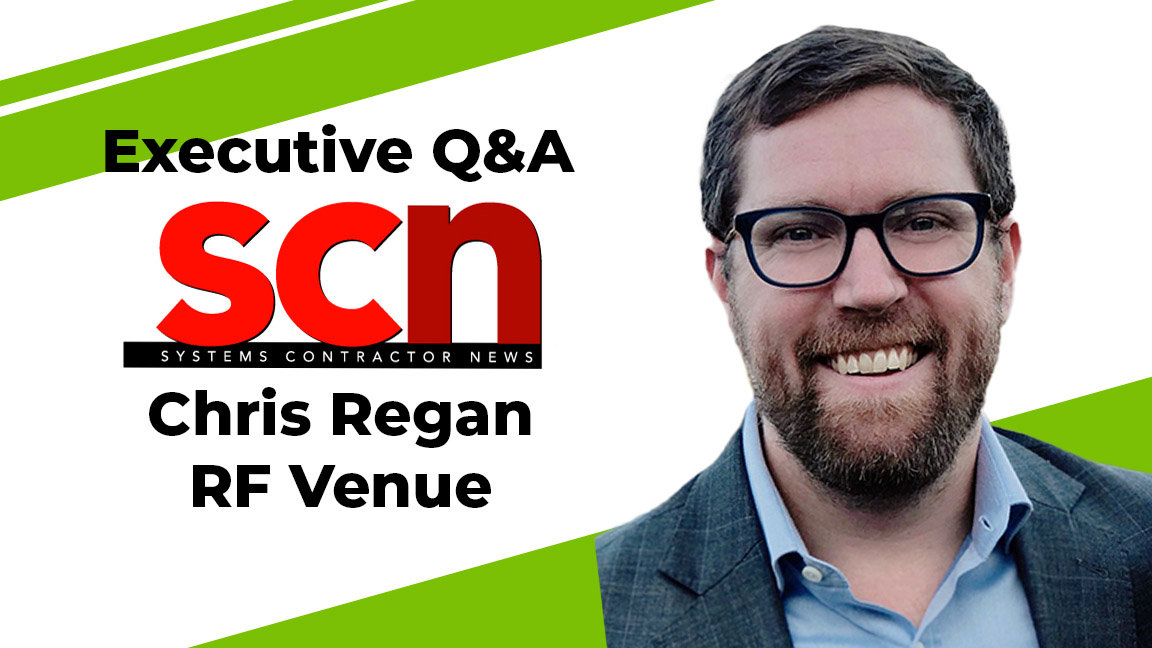To The East
A daily selection of features, industry news, and analysis for AV/IT professionals. Sign up below.
You are now subscribed
Your newsletter sign-up was successful
Lately it seems many are looking eastward for trends in intelligent building innovation, as some of the most advanced automation concepts imaginable are being implemented in the ongoing construction boom in the United Arab Emirates' architectural wonderland of Dubai and along the coast of its Persian Gulf neighbor, Qatar. Several examples of this region's IP-enabled vision of the future were cited by Cisco's Barbara Sullivan at last month's NSCA Fall Business Conference, perhaps most notably Energy City in Qatar, which will be comprised of 92 fully-automated buildings, all to be built in the next three years.
The definition of building automation is as difficult to track down as the correct remote control on a crowded coffee table, but Sullivan, who is Cisco's Connected Real Estate Program manager, sees it as the integration of IP-based security, communications and control. "This isn't magic; a lot of it is already happening in Asia," Sullivan revealed. "An intelligent building is a building that should be able to act on our behalf and react to our requirements without us having to manually impact it. That's something that happens easily once you start doing IP-enabled systems."
The technology may exist to make automation easy on the back end, but control and the ever-troublesome user interface might prove to be barriers in the near term. According to Sullivan's fellow NSCA panelist, Wes Hair, vice president of market development for AMX, "the toughest part that we're facing in this world of convergence is not getting the infrastructure in place, all of that technology exists today... We can have convergence as much as we want by plugging everything into the same wire, but unless we come up with standard APIs for how we want to talk to all the different devices, we end up uniquely programming everything we install, which is going to make it just as expensive to maintain and support."
In addressing ways to avoid these pitfalls and stay profitable, Hair propagated a perspective oft quoted by those interested in evolving the AV industry into a viable business for the future: "The whole idea behind convergence is to try to migrate our box business into providing services. Because at the end of the day clients want it cheaper, faster and easier to maintain. They don't care what box goes in."
Until convergence really means that everything is interoperable and truly "plug 'n' play," the programming piece may be the precise service that should be sold by integrators. It is in fact expertise that will be most profitable as the various kinks are worked out. "There are a lot of other trades getting into our business, and as an industry we've got to stick together and do more programming and high-tech work and really specialize in it," observes Jimi Gonzalez, vice president of sales and marketing for Island Systems in Rockledge, FL. "While everybody and their brother is trying to get into what used to be our core business of hanging TVs and speakers, hopefully the way to survive is to do the programming and similar tasks that other companies just can't do."
Island Systems is betting that an approach to business that Gonzalez describes as "less parts, more smarts" will elevate the company to a managerial level on projects where frequently the labor is subcontracted out either to union labor or other trades. The idea seems to be working, as the company just broke the 50-employee mark and opened a Las Vegas office last year. Now it is training staff to handle as much design and programming work in-house as possible.
Evidently, there is plenty of work to be had in the convergence game both domestically and abroad. As another NSCA panelist pointed out during that fabled "Beer 'n' Convergence" session with Sullivan and Hair, U.S. developers are discovering that better integrated technology systems mean tenants move into buildings faster and start paying rent sooner. "If I can get a tenant in my space 30 days earlier because he can plug into my VoIP and he can get on the internet immediately, I'm getting a month's rent on 2,000 square feet immediately, and it pays for three VoIP systems for my building," noted Cory Hilderbrand, director of IT for BPG Properties, a developer based in Philadelphia, PA. BPG just won a Realcomm Digie Award for "Most Digital Real Estate" for its digitally pimped-out Barbizon/63 property in Manhattan. About the success of the first of many high-tech buildings BPG intends to complete in the coming months, Hilderbrand said, "It's all integrated into one system, it's all talking over standard IP, and it cost me $400,000 less to build than a traditional building because we're talking about the simplicity of the cabling. Convergence is here."
A daily selection of the top stories for AV integrators, resellers and consultants. Sign up below.
